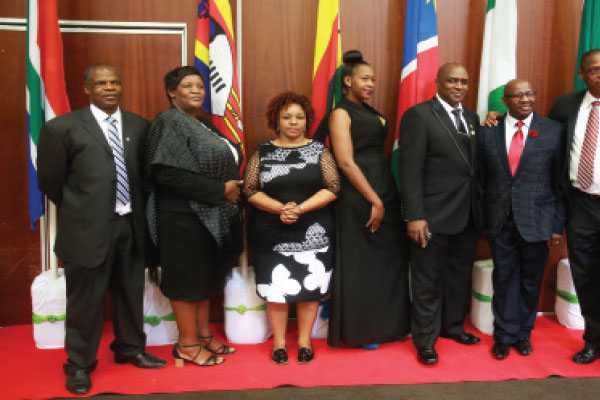Funeral industry needs total revamp
Funeral Parlour Association of Botswana (FPAB) has revealed that Botswana does not have efficient policies and laws on the funeral industry.
Speaking during the FPAB annual conference in Gaborone this week, FPAB President Bushie Mosala said the industry has no code of conduct and no regulatory body which leaves the association with several challenges that hinder its growth. “Trade unions seem to have found loopholes in our industry and have opted to ease their members’ lives through what appears to temper with FPAB,” he said. He stated that FSG and Botswana Life partnership is an anti competitive behaviour in the funeral industry and the matter is still pending before the Competition Authority.
Mosala said they are talking to the Ministry of Health on matters of the funeral industry. “We have discussed that the Police should end the use of vans to transport victims of accidents. The ambulances are for the sick while funeral parlours have hearses used to transport corpses,” said Mosala.
He cited that the time for Road Transport Accidents (RTAs) has now arrived and everyone must do their bit. “Funeral parlours should be the only people to transport human remains, the Motor Vehicle Accident Fund (MVA) should also stop conveying corpses and the public should also be educated on this matter.”
According to Mosala the association will involve Business Botswana as the umbrella body of business entities to assist funeral industry deal with issues they encounter. Mosala believes that FPAB should be approached for improvement of services pertaining to registration of deaths, clearance of international deaths as well as privatisation of cemeteries.
He said that the ministry should stop foreign companies from doing funeral undertaking along with tombstone manufacturing as this takes away jobs from local companies.
FPAB also emphasised that the Ministry of Local Government should be approached on issues pertaining to management of cemeteries in towns and villages as well as tendering for destitute provisions. Heritage sites should be diversified. The association is also requesting the Ministry of Land Management Water and Sanitation Services to give each funeral parlour a piece of land-at least half a pitch plots so that its operations can move smoothly. “Vehicle for funeral parlours should be washed within its premises and this calls for ample space,” Mosala.
He added that the funeral industry has employment opportunities in areas such as Embalmers, Funeral Directors and Assistants, Gravediggers, Florists, Tomb stone manufacturers and counsellors. The association will embark on training in partnership with Human Resource Development Council. The National Funeral Directors and Morticians Association (USA) is to train Botswana and SADC countries on several aspects of Funeral parlour industry, the training will also cover public education on the industry, as well as differences in local tradition and western.
Mosala said there is need for standardising the industry in Southern Africa to cover capacity building-including training. “Standardisation should cover standardising equipment-fleet and hardware like coffins, crematoria and florists,” he said. For her part, Permanent Secretary in the Ministry of Health and Wellness Shenaz El Halabi called on the industry to familiarise itself with existing relevant statues such as the Conveyance of Dead Bodies Act and Public Health Act which are inclusive of the International Health Regulations relevant to their profession.






